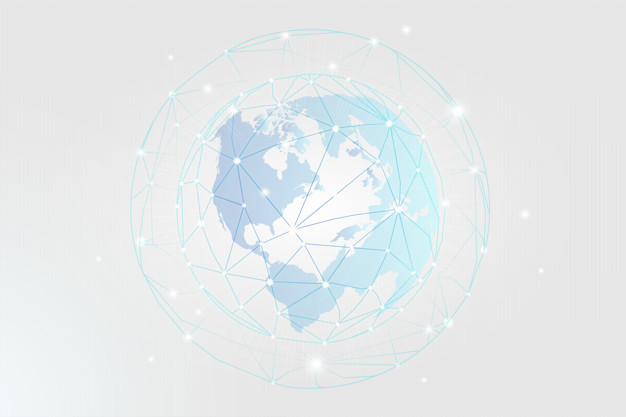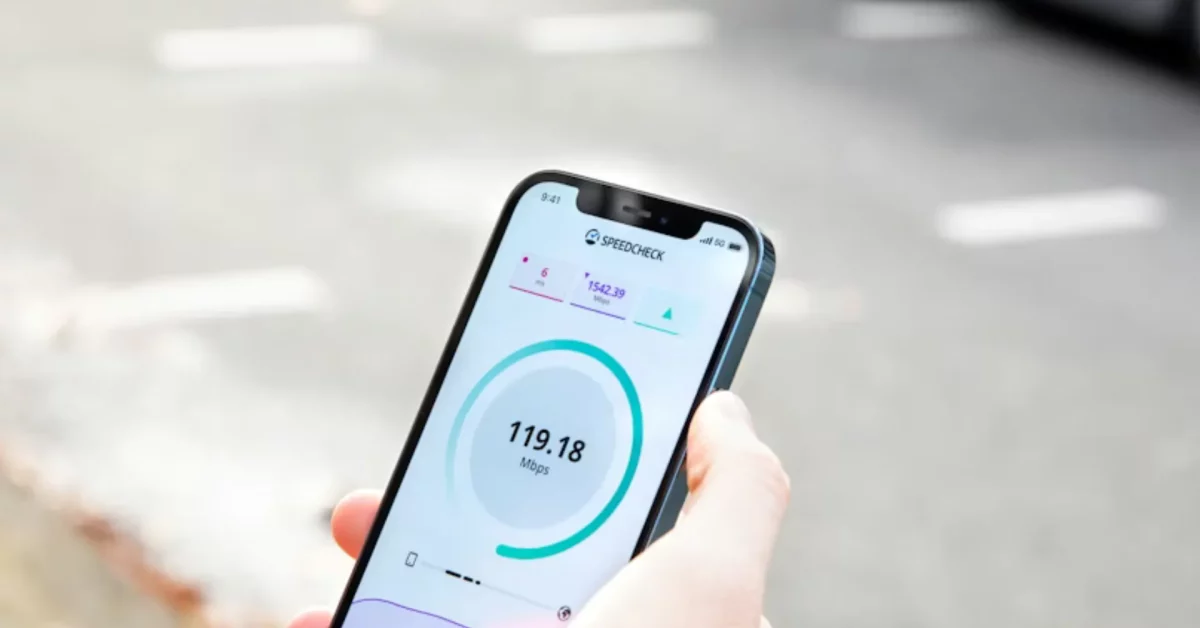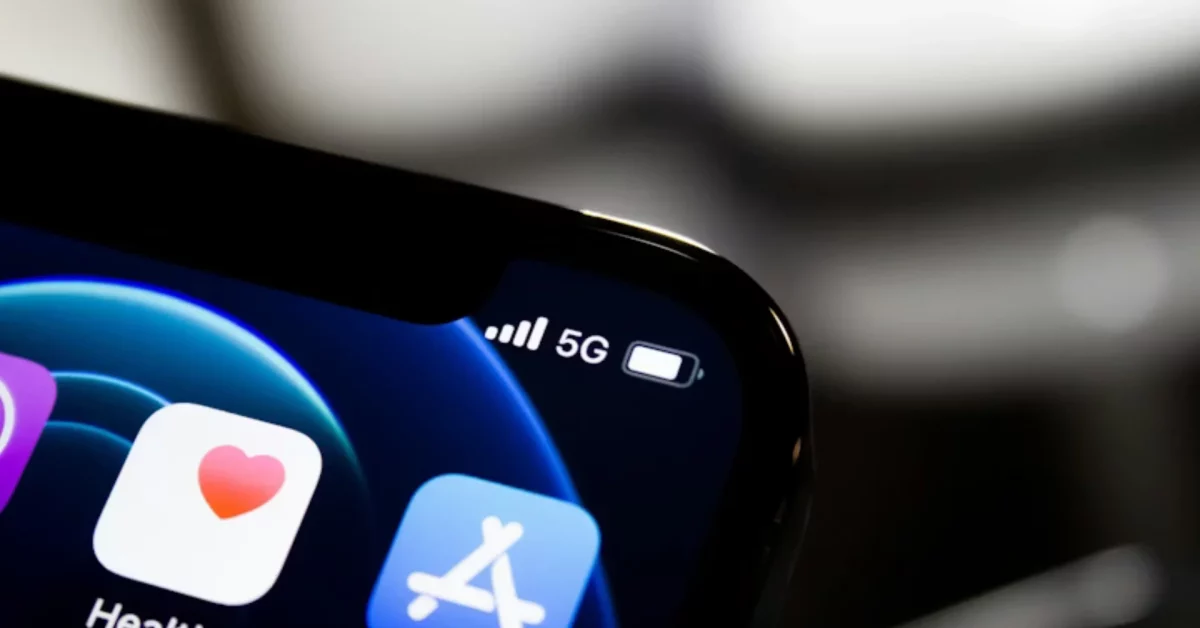
Competitive Advantage Through Cloud Based Solutions
May 10, 2021
IoT Services for Supply Chain Management – Sukkur Beverages Story
May 19, 2021World Telecommunication Day 2021 & Way Forward for Pakistan
As per The International Telecommunication Union (ITU) is the United Nations specialized agency for information and communication technologies – ICTs.
Where does Pakistan Stand?
“Accelerating Digital Transformation in challenging times” is theme for World Telecommunication and Information Society Day (WTISD) 2021. Given the COVID situation this years theme highlights exactly what needs to be done and capitalizing the opportunity at hand.
As per a global report ‘Inclusive Internet Index’ released by the Economist Intelligence Unit and commissioned by Facebook, Pakistan dropped to 90th rank among 120 countries. This Index calculates scores based on how countries perform in four categories; Availability, Affordability, Relevance and Readiness. Pakistan not only remained the lowest in South Asia, but also lags behind other regional states, like Iran.
Pakistan’s poor ranking is due to multiple reasons, such as large gender gaps in the index, in both mobile and internet access, with only 10% of women in Pakistan having access to smartphones. There also exist low levels of digital literacy and compared to better scoring countries.
Experts suggested some urgent interventions to combat this “Digital Emergency”
- Prioritizing assembly of 4G compatible smartphones while banning the production and import of 2G-only phones
- Reduction in taxes to make quality 4G access to end user more affordable
- Incentives for manufacturers to develop/assemble 4G enabled smartphones
- Government level policy to allow the operators to sell smartphones on instalments with a loan recovery mechanism
- And greater focus on bridging the gender gap in Internet Access, empowering more women to reap the benefits of Digitization
Timely focus on the factors identified by experts may result in a turnaround in global rankings for Pakistan.
Aamir Ibrahim, CEO of Jazz, Pakistan’s number one 4G operator and the largest internet and broadband service provider tweeted:







